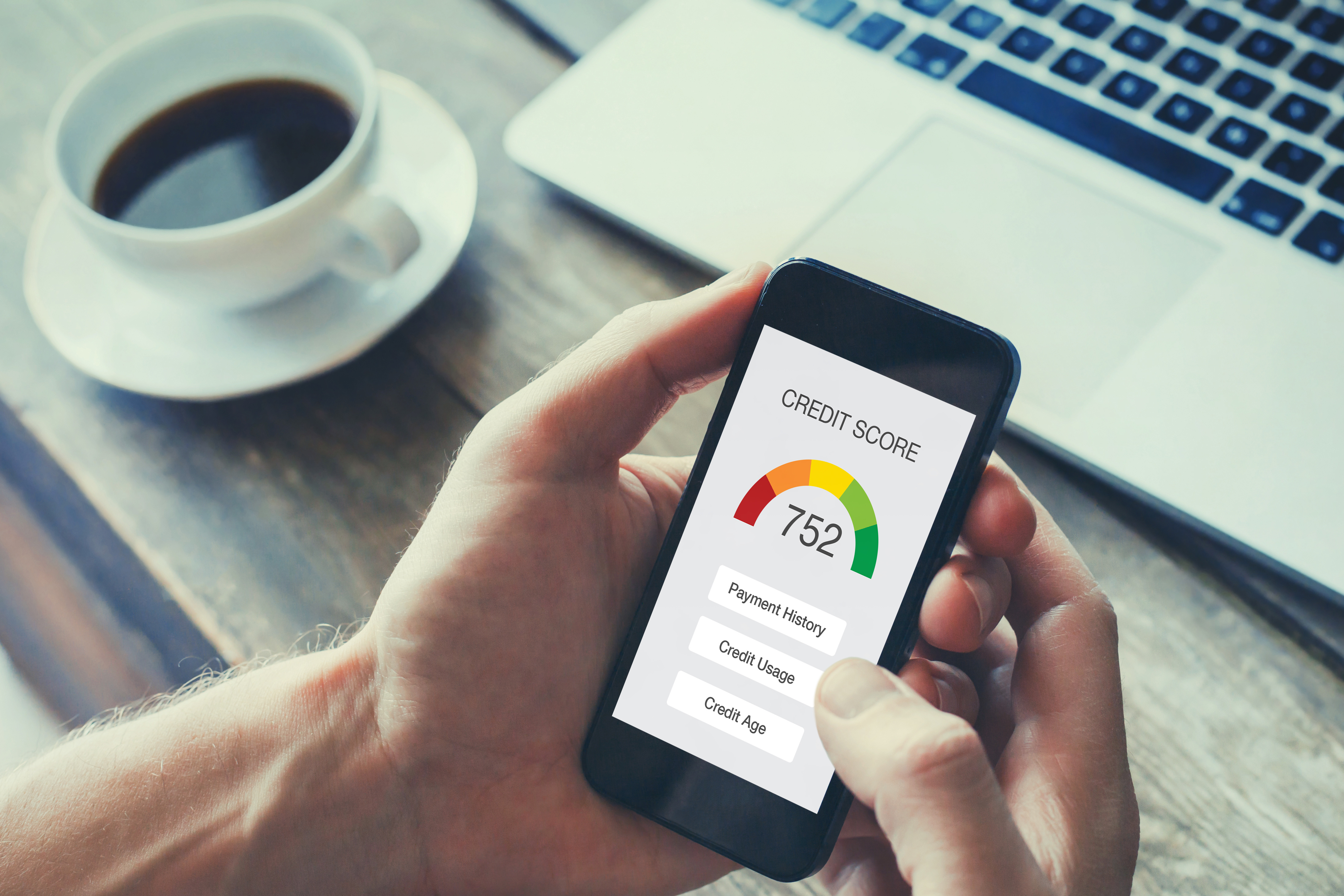FINANCIAL ADVICE | improving your credit
What is a Credit Score?
Published February 14, 2019

Key Takeaways
- Your payment history is the most important part of your credit score.
- You can’t change the past, but you can change the future.
- The types of credit you currently have and the types you’ve used in the past account for 10% of your FICO score.
Your credit score is a three-digit number that represents your credit history and tells financial companies how risky you are from a credit perspective. This can affect the rate you get on a loan or whether you can get a loan at all. Credit scores range from 300-850, with 850 being the best. Your credit score is based on five important categories: payment history, how much you owe, length of credit history, the types of credit you have, and any new credit you’re pursuing (inquiries). These categories are weighted differently by the credit reporting agencies, and your credit score can change frequently based on your financial activity. To help you understand what’s in a credit score and how to improve your score, here’s a more in-depth look at the five categories that make up your credit score.
Payment history
Your payment history is the most important part of your credit score. For FICO scores, the most commonly used personal credit scoring system, payment history accounts for 35% of your overall score. Essentially, if you’ve paid your bills on time, your score should be good. If you’ve missed payments or consistently pay late, your score will be lower. This is true of all payments on credit cards, car loans, mortgage loans or other personal loans. Bankruptcies, lawsuits and wage garnishments will also negatively affect your score.
To improve your score: You can’t change the past, but you can change the future. That’s a nice way of saying you can’t change your payment history, but you can start forming habits that will improve your score in the future. Setting reminders on your phone or scheduling automatic bill payments is a good way to make sure you never miss a due date.
Total amount owed
This category is pretty straight forward, but again, it’s very important; it accounts for 30% of your FICO score. Your total amount owed is the grand total of all the debt you have, including credit cards, mortgages, car loans, student loans and other forms of debt. Owing money won’t necessarily hurt your credit score. But if you’ve used a large percentage of the credit available to you, banks may think you’ve overextended yourself and you could see a lower score.
To improve your score: Pay off the debt you owe. It’s really as simple as that. Of course, that’s much easier said than done. The best way to pay off your debt is to come up with a budget. If you’d like help formulating a budget that lets you enjoy your life while making progress paying down your debt, contact Credit Union of Texas. We’d love to help you set goals so you can achieve your financial dreams.
Length of credit history
The length of your credit history is just what it sounds like: the amount of time you’ve been using some form of credit (typically a credit card). This accounts for 15% of your FICO score. Banks want to see a long track record of good financial decisions. The shorter your credit history, the less information they have to go on. Generally, banks view someone with a short credit history as riskier, lowering your score.
To improve your score: Unfortunately, you can’t go back in time and open a credit card any sooner than you did. But you can start building a credit history to improve your score in the future. This doesn’t mean you should try to get a loan or open a bunch of credit cards all at once. It simply means consistently and responsibly using a credit card so you can build up a good credit history.
Types of credit
The types of credit you currently have and the types you’ve used in the past account for 10% of your FICO score. Basically, the types of credit accounts you have tell banks about what kind of borrower you are. Having a variety of accounts is good for your score, but it isn’t strictly necessary. If you’ve consistently paid your credit cards on time for years, it won’t really matter that you’ve never had a mortgage loan.
To improve your score: It’s not important that you have each type of credit account in your financial profile. What matters is how you’ve managed the types of credit you do have. Practicing sound financial responsibility is the best way to improve your score, no matter what kinds of credit you have.
New credit
New credit accounts make up 10% of your FICO score. What matters most in this category is how frequently you’re opening new lines of credit and taking out new loans. Taking out one new loan won’t have a tremendous impact on your score, so long as you make payments on time. But suddenly applying for and opening several accounts in a short amount of time will not have positive impact on your score.
To improve your score: Opening a new credit account is a great way to build up your credit history, but just don’t go overboard. If you start taking out multiple lines of credit all at once, it will likely hurt your credit score, especially if you don’t have a long credit history. Instead, be smart as you shop for credit, and as a general rule, don’t open a line of credit if you don’t intend to use it.
If you have questions about what’s in a credit score or want to improve your score, the Credit Union of Texas is here to help. Contact us today or stop in to say hi and we can help you review all your options.
